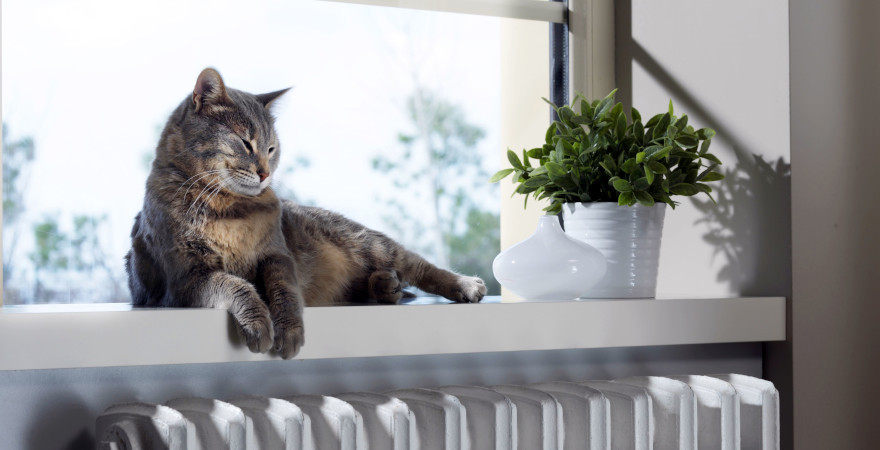
The importance of a buffer tank in a heat pump system
Although almost everyone has heard about the heat buffer, few investors know what it is and why it is worth having.
Ignorance is the first step to increase your expenses, which is why we will tell you about all the key aspects related to the heat buffer.
More people are becoming interested in a buffer tank, as it has a major impact on the efficiency of central heating. In other words, a buffer will bring you savings by collecting thermal energy and allowing you to reduce heating bills. We will focus only on buffers in a heat pump systems, although these tanks can also be used in any other heating installations.
Why are heat buffers used in systems?
This simple and durable solution is very common in Europe. Its construction can be described as a tank with water heated by a heating device. It is a kind of home "heat storage" for thermal energy coming from heating.
Today, the most popular choice are separate tanks that efficiently store thermal energy. The proper operation of heat pump requires a minimum flow (water supply). It is determined by the appropriate amount of water flowing through the system in a specified time. If there is too little water, an error message is displayed on the heat pump controller. It is then necessary to meet this condition. The buffer is therefore a solid water reserve, thanks to which the heat pump operates at maximum efficiency.
In addition, the heat buffer is also used as a hydraulic coupling, separating the system circuit from the heat source itself. A fun fact! A buffer can be a hydraulic coupling, but an actual coupling will never act as a buffer. This is why we recommend and use buffer in the systems with our pumps. It is also worth noting that a buffer works great as a link connecting multiple heat sources. An example may be a system equipped with a heat pump, in which the previous heat source (such as a coal-fired boiler) has not been removed. The buffer is then a link between both heat sources to guarantee that the system will always be properly supplied.
How does a buffer system work?
As we can see, a heat buffer plays a key role in the heating system. Now we will show you everything with an example for best explanation.
You have a house with a heat pump-based heating system. Outside, the sun shines so bright that you don't need heating. Then the heat pump only heats the buffer until it is adequately heated. Then the heat pump stops working and waits for a signal that the water in the buffer has cooled down and needs to be re-heated. The heated buffer stores thermal energy until it receives information that the temperature in one of the heated areas has dropped below the set minimum value. The heat is delivered to the central heating system, so that the heat pump turns on only when required by the buffer temperature.
To cut to the chase – the buffer is simply a great solution for maximum energy savings and efficient use of the entire heating system. For this reason, more and more investors decide to add such a buffer to their system.
- Heat Pump with HPMD 3in1 Internal Unit: Heating Efficiency in a New Light
- Innovation and Efficiency: KOSPEL Heat Pump 3in1 Internal Unit
- Select a configured heat pump-based heating system
- KOSPEL cylinders and buffer tanks. The best choice for cooperation with a heat pump.
- Several different ways to get hot water. Check which one is right for you.
- Innovation and Efficiency: KOSPEL Heat Pump 3in1 Internal Unit
- Heat Pump with HPMD 3in1 Internal Unit: Heating Efficiency in a New Light
- Several different ways to get hot water. Check which one is right for you.
- KOSPEL cylinders and buffer tanks. The best choice for cooperation with a heat pump.
- Power selection of instantaneous water heaters
 English
English 







